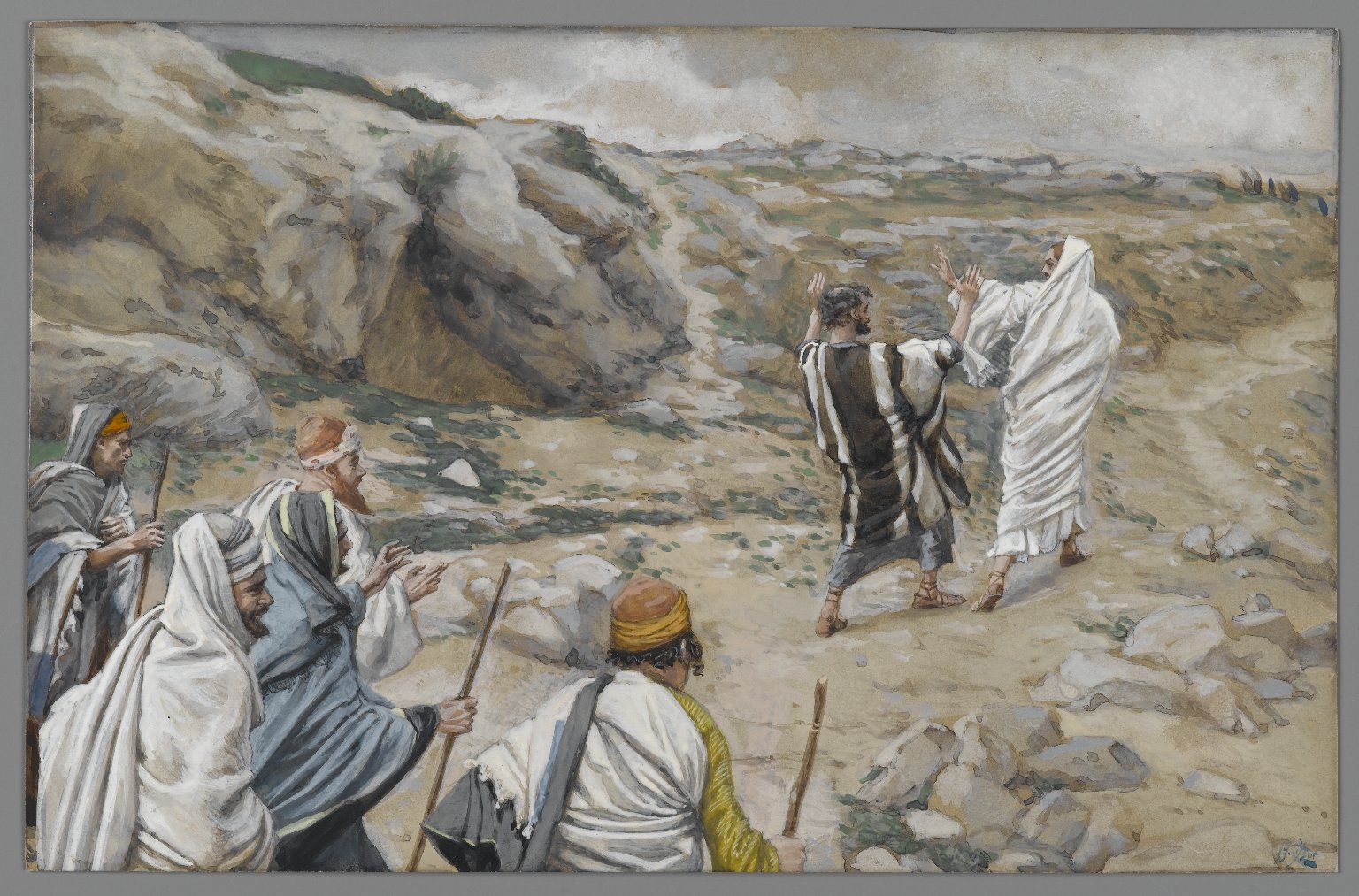Jijo Kandamkulathy, CMF
Claretian Publications, Macau
22ND SUNDAY IN ORDINARY TIME – YEAR A
Mt 16:21-27
The Apostles were convinced that the kingdom of God was imminent. But they believed in an earthly kingdom. They had realized that their master was the Christ, the long-awaited “Son of David.” They had followed Him to see their dreams of glory fulfilled. The only question which, according to them, was still pending was to determine who would be entitled to the first places (Mk 9:34).
It is in the context of these expectations that the first of the three announcements of the Passion, found in the Gospel, is placed. He does not want them to follow Him indulging in vain illusions. To avoid any ambiguity, he openly declares that he is not walking towards triumph, but he is going to Jerusalem to suffer a lot, to be killed, and be raised again on the third day.
The disciples cannot understand; they have learned from the scribes that the Messiah cannot die. Peter, in the name of all, reacts. He is not willing to commit himself to an absurd project. Peter takes the Master away from the others and questions the Master’s intent. Jesus is almost irritated: “Get behind me, Satan.” “Get behind me”—He says—follow my steps, do not try to precede me, as one who claims to lead the way. This plan is drawn by the Father, and Peter makes a proposal that comes from worldly wisdom and human foolishness which are senseless in God’s eyes.
In this instance, Peter just like Satan who tried to convince Jesus to focus on the dominion, on the conquest of power, a typical strategy of Satan that Jesus had faced earlier (Mt 4:8-10). Now the same temptation—advanced by Peter—evoked a justified harsh rebuke: “Begone, Satan!” Simon had professed his faith in the Son of the living God. Now he becomes a stumbling block because he lets himself be guided by human reasoning.
After having rebuked Peter, Jesus turns to all and unequivocally puts forward His demands. There is no attempt to mitigate them, to make them more acceptable. Three imperatives characterize the radicalism of a choice that does not admit delays nor second thoughts: “Deny yourself, take up your cross, and follow me.”
“Deny yourself” means you stop thinking about yourself. It is the rejection of the pursuit of one’s own interest, the will to achieve gratification, acknowledgements and benefits. Even in the most pure acts of love there is often some veiled forms of selfishness and ambition.
The second imperative “take up your cross” does not refer to the need to patiently endure the small or big tribulations of life, even less, the exaltation of pain as a means to please God. The cross is the sign of love and of a total gift. To carry it after Christ means to follow the way He has trodden: to offer one’s life for His ideals, even confront death, if needed.
The third imperative “follow me” is to take part in His project, bet your life on love together with Jesus.
Indebted to Fr. Fernando Armellini SCJ


 Follow
Follow


